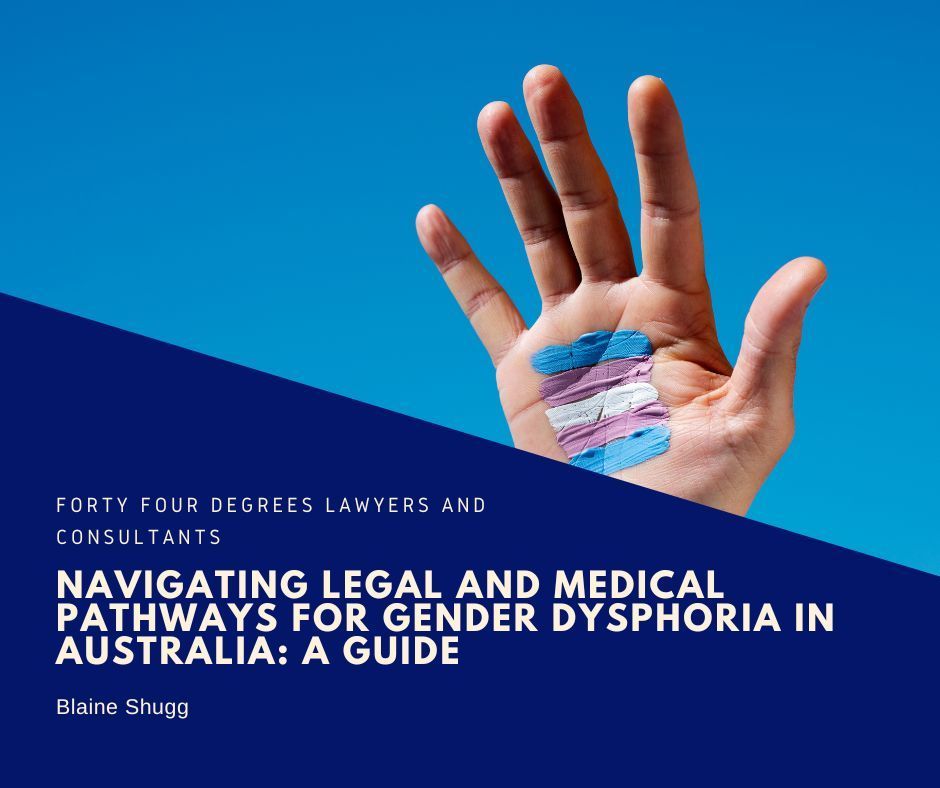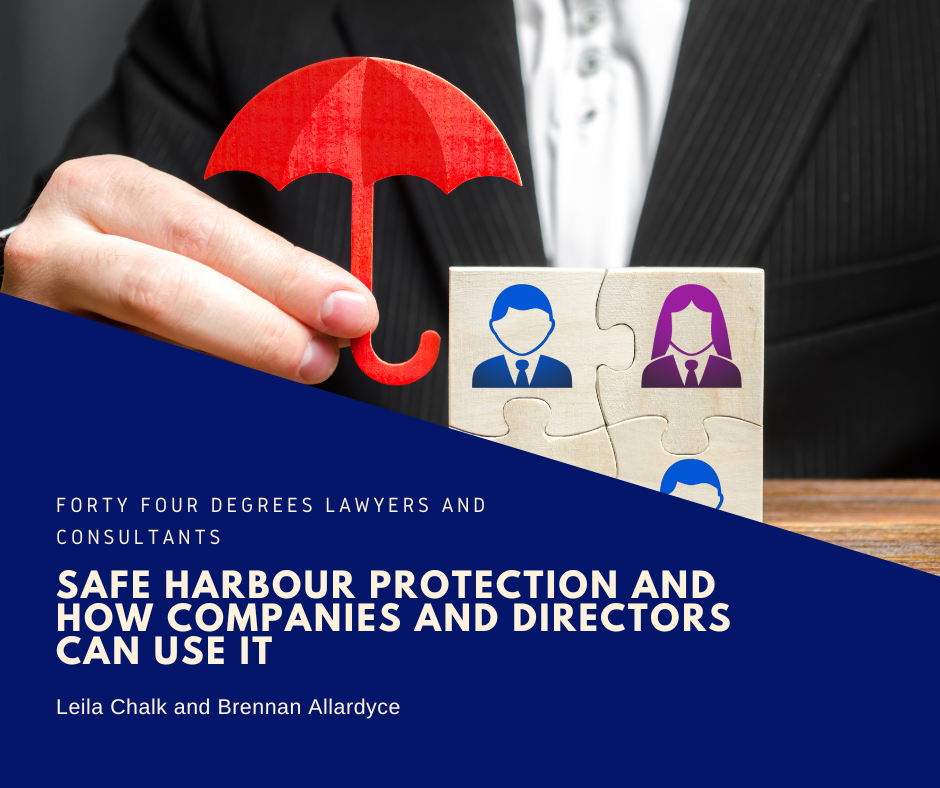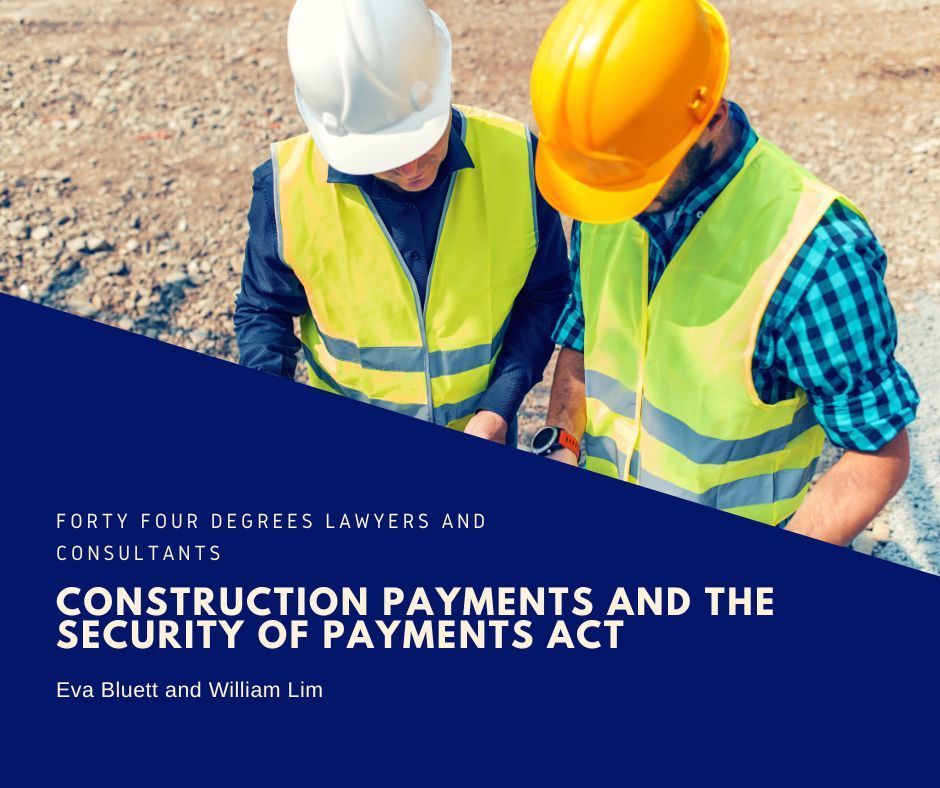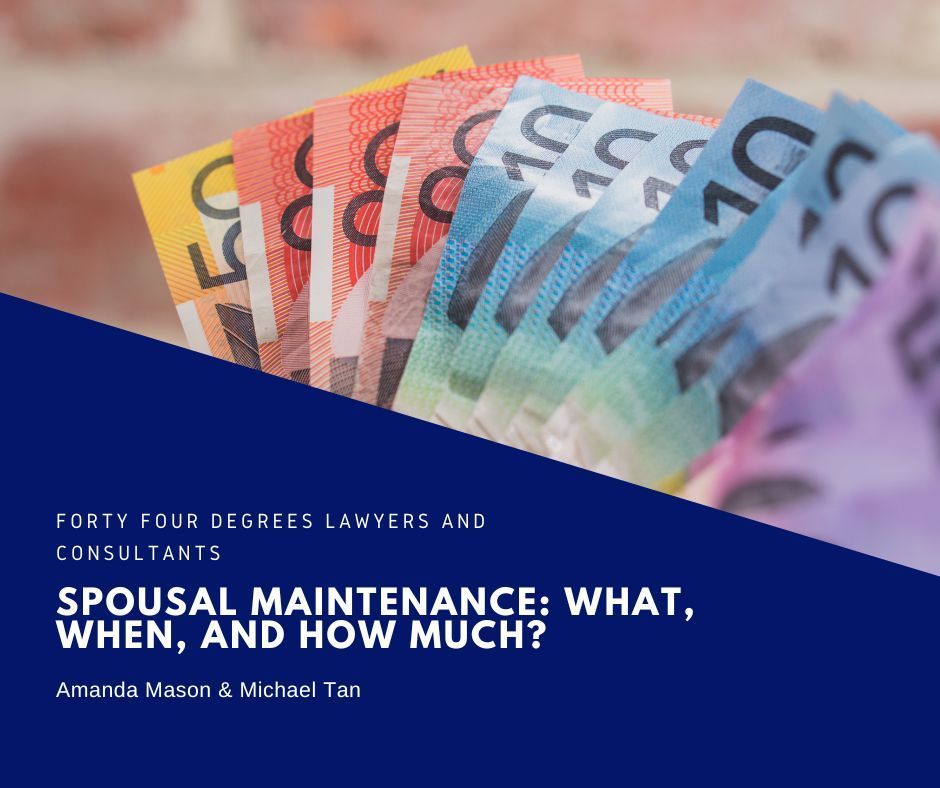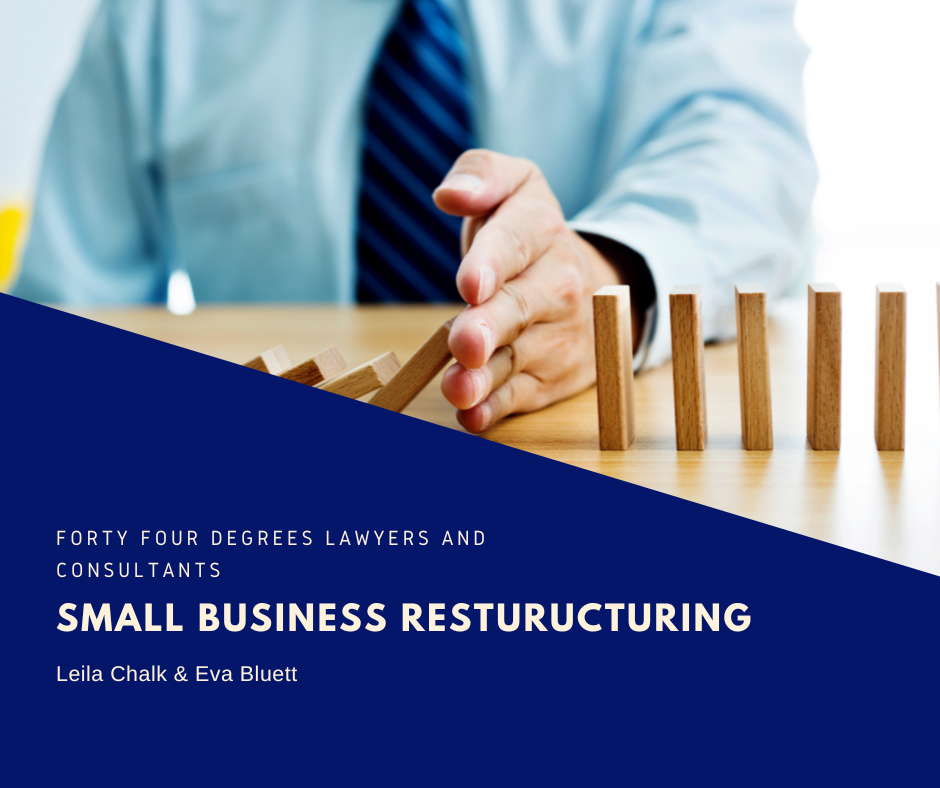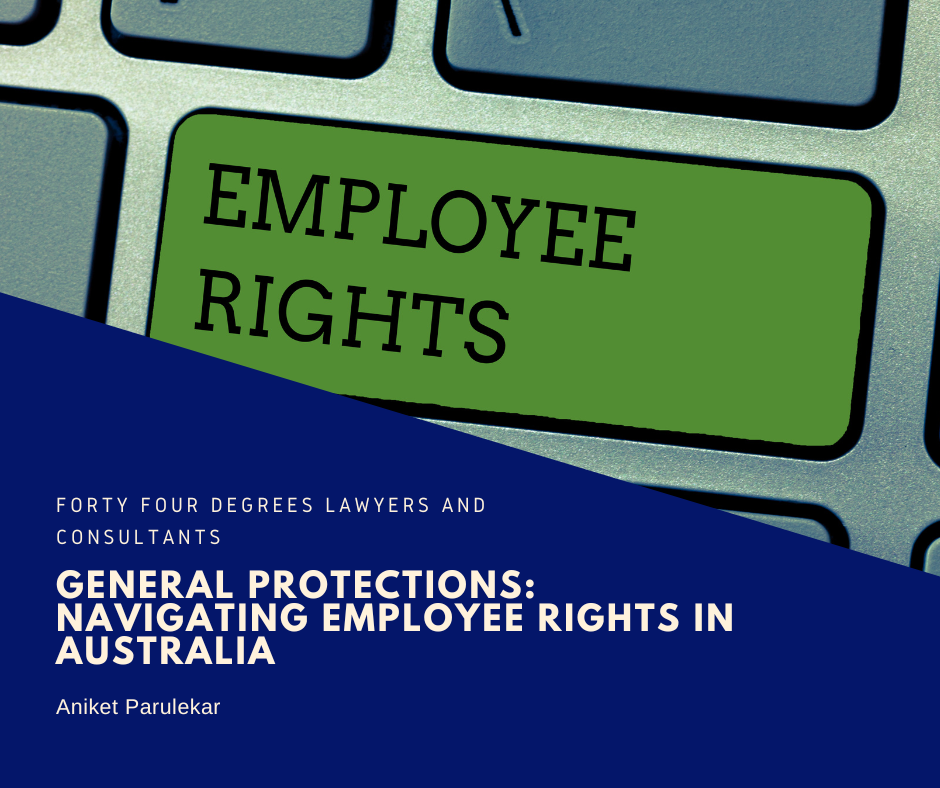What happens to cryptocurrency in a divorce?
Your crypto questions in relation to family law, answered.
Imagine your soon-to-be ex-wife has been obsessively investing in cryptocurrency. You know that there were significant investments made but have no idea how much they amount to, where they are or how to get to them.
This situation will soon be encountered on a regular basis. For that reason we asked our solicitors Hana Lee and Kara Bramham about their stance on cryptocurrency in family law, and what to look out for. Read their answers below.
Hana, how can cryptocurrency affect family law?
H: In the event of a breakdown of a relationship, family law in Australia is broadly divided into three matters - property, children and divorce. Crypto-assets have the potential to make waves in the property settlement side of things. While there are no publicised cases of property settlements getting messy with crypto-assets in Australia, there are a growing number of cases around the world, particularly in the US.
Kara, how does a property settlement work?
K: In a property settlement each side is required to disclose the assets they own and then a matrimonial pool is determined. Failing agreement between the parties the judge will determine an equitable split, taking into account a number of factors.
The most relevant rule to what you are asking is Rule 13.04 of the Family Law Rules 2004 (Cth) that requires a party to a financial case to make full and frank disclosure of that party's financial circumstances. That includes any vested or contingent interest.
That sounds like a mouthful. What does it mean for crypto, Hana?
The difficulty arises when one partner is hiding cryptocurrency and the other partner has reason to suspect they are hiding it.
At the moment there are no easy means for establishing whether crypto-assets exist, particularly if the partner has taken active steps to cover the traces.
While uncovering crypto-assets purchased from an exchange linked to a bank account is not a problem, it becomes more problematic when cryptocurrency was purchased through other means and then stored in a hard wallet. It becomes a matter of forensically tracing the money spent by the other party which can lead to the significant increase in legal costs.
We foresee Australian family law will grow increasingly complex and lengthy with the inclusion of crypto-assets in property settlement cases. While there are many benefits of owning crypto-assets, they can become a deterrence to speedy resolution of legal issues if one of the parties involved in a case is determined to hide their assets through innovative means. What we'll increasingly see is crypto-assets playing the role of traditional offshore accounts, or at least parties attempting to use them as such. Whether and how forensic experts will be able to uncover them for the ultimate goal of an equitable split of assets remains to be seen.
Stay tuned for future developments in crypto-related law.
Contact Us
We’re an Australian Law Firm promoting a nuanced, personal touch. We have the skills you need to resolve your case quickly and with a positive outcome. Our straight talking team stays close to simplify what is most often a complicated process. We help individuals and businesses with technology and startup law, property law including conveyancing and leasing, commercial law, civil litigation, wills, estates, bankruptcy, insolvency, criminal law, and professionals facing investigations and charges from their regulatory body.
We have a connected network of talented lawyers in Melbourne CBD, Dandenong, Ballarat, and Ivanhoe East.
Fill out the form or call us on 1300 892 237.
We will get back to you as soon as possible
Oops, there was an error sending your message.
Please try again later or call us on 1300 892 237.


